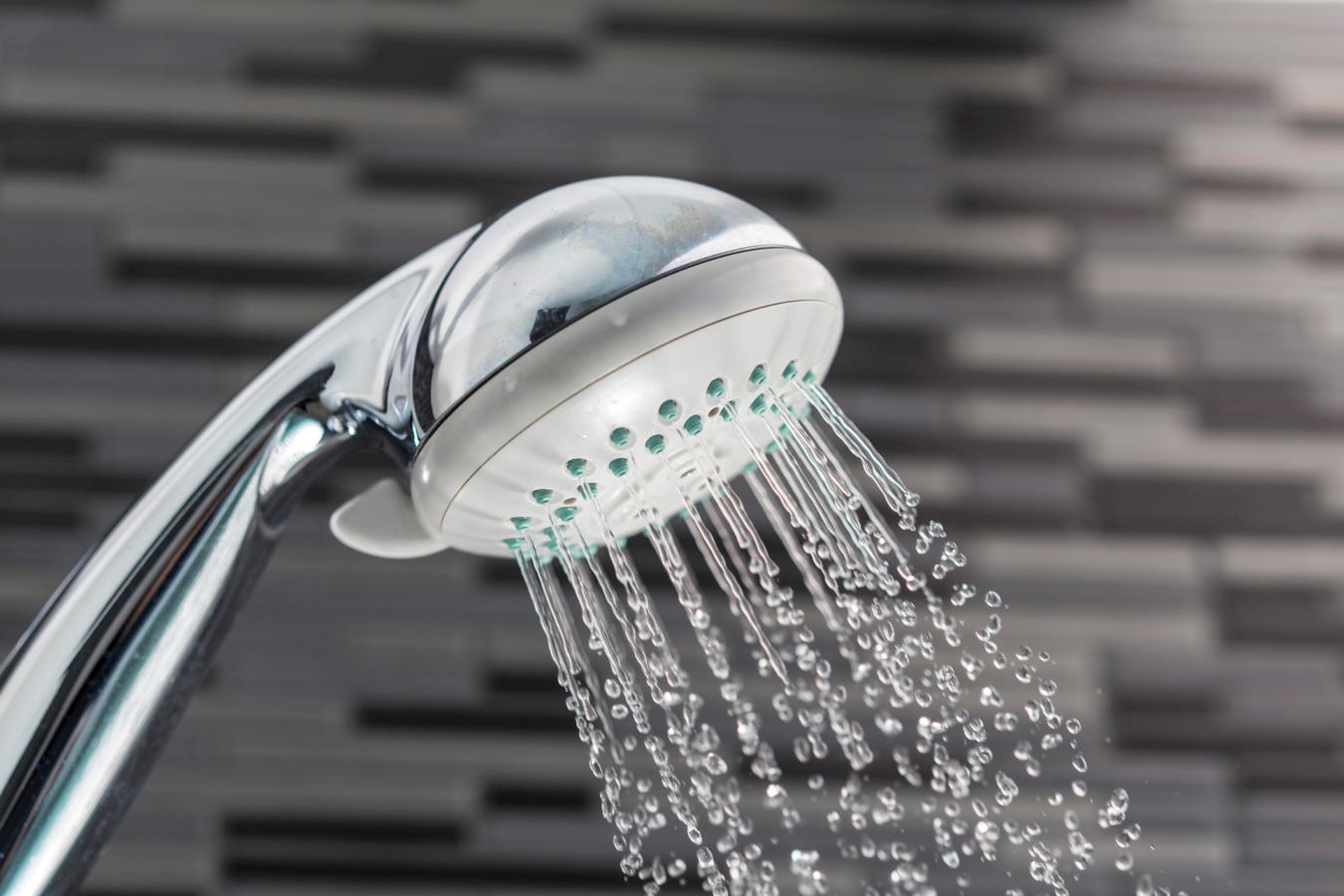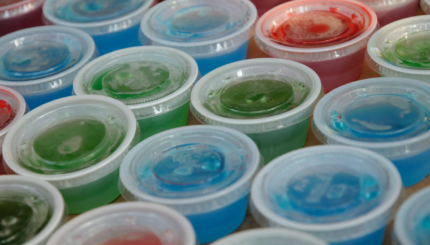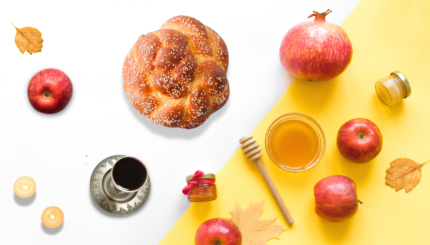Question: A friend of mine told me that some people don’t shower on Shabbat. Why not? Is showering work?
–Delia, Rochester
Answer: It depends on how hard you shower, Delia. Just kidding! Actually, it might depend on your water heater, and your level of personal hygiene.
Allow me to explain: In pre-modern times, people didn’t bathe very often. Once a week or so was pretty standard, so it was relatively easy for the rabbis to suggest that you take your weekly shower before Shabbat, and not during Shabbat. And hey, Shabbat is only 25 or so hours long, so it’s not completely unreasonable to ask people to stay out of the shower for those hours even now. But of course, we’re talking about Jewish law here, so it’s a lot more complicated.
The main issue with bathing on Shabbat has to do with hot water. In order to get hot or warm water to bathe in, the water has to somehow be heated, and heating up liquids is prohibited on Shabbat, not because it’s considered work, but because the Torah specifically prohibits building a fire on the Sabbath (Exodus 35:3).
With your help, My Jewish Learning can provide endless opportunities for learning, connection and discovery.
Now, you might be thinking: but when I take a hot shower, I’m not heating anything up–the water comes out of the tap hot. It’s true, most of us live in houses or apartments that have hot water tanks, with lots of hot water in them. When we turn on the hot water, some of that tank is tapped, and we get a nice steamy shower. But when some of the water in the tank is used, it refills with more water, and that water then has to be heated. So, if you use hot water on Shabbat, you’re causing cold water to be heated up somewhere down the line.
On the face of it, it looks like bathing in hot water on Shabbat is a no-go according to Jewish law. But many modern rabbis have dealt with the plain fact that bathing today is far more common than it was when the Talmud was written, and many people are very uncomfortable when they can’t bathe for even one day. As far back as the early 19th century, Rabbi Akiva Eiger, of Hungary, wrote that someone who was in pain as a result of not bathing, could bathe, even in warm water on Shabbat, provided the water had been heated before Shabbat (Glosses, Rav Akiva Eiger, Orakh Hayim 326:1). Rabbi Eiger’s is a minority opinion, but today many rabbinic authorities will sanction bathing in cold water on Shabbat if it will relieve someone’s discomfort, particularly on a hot day. (Iggerot Moshe OH 4:74)
There are two other Jewish legal issues you might encounter when reading up on bathing on Shabbat. One is soap: bar soap is prohibited by some rabbis on Shabbat because when you use it you’re transforming the soap from a solid to a liquid. Many Orthodox rabbis today advise their communities to use liquid soap on Shabbat so as to avoid transforming anything. Additionally, one of the Sabbath prohibitions mentioned in the Talmud is threshing, or removing an undesirable thing from a desirable thing. One way this was interpreted was to disallow wringing something out on Shabbat–as in wringing water out of your hair, or wringing out a towel used to dry your body (Shulhan Arukh OH 319).
If showering in cold water without a bar of soap and then air-drying so as to avoid wringing out your towel doesn’t seem like your kind of thing, and you follow traditional Jewish law, allow me to suggest showering on Friday afternoon before candle lighting. Bonus: showering the night before means you can sleep later on Saturday morning, which is definitely in the spirit of Shabbat.
Moshe
Pronounced: moe-SHEH, Origin: Hebrew, Moses, whom God chooses to lead the Jews out of Egypt.
Shabbat
Pronounced: shuh-BAHT or shah-BAHT, Origin: Hebrew, the Sabbath, from sundown Friday to sundown Saturday.
Talmud
Pronounced: TALL-mud, Origin: Hebrew, the set of teachings and commentaries on the Torah that form the basis for Jewish law. Comprised of the Mishnah and the Gemara, it contains the opinions of thousands of rabbis from different periods in Jewish history.
Torah
Pronunced: TORE-uh, Origin: Hebrew, the Five Books of Moses.



